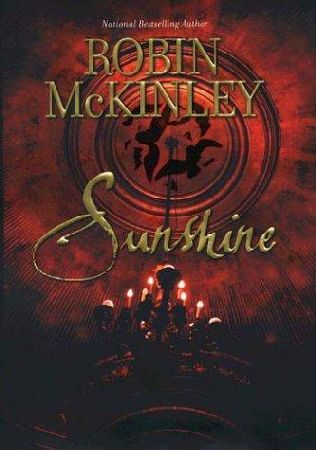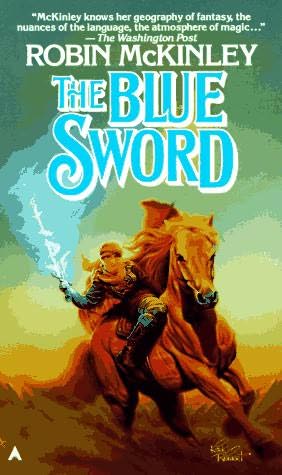Yesterday I went to the last official NaNoWriMo write-in of 2009. I used the time productively, by adding a new opening (and another 1000 words to my word count, bringing my manuscript to 51K) and making all of the little changes I needed to.
While it's still a first draft, it's a first draft that I can now show my writing group. I'm planning on emailing them the first chapter today.
At some point soon, I need to gather up the courage to submit my previous novel, "The Movie Star's Very Personal Assistant", to Harlequin. Here is an article about important things to consider when submitting to Harlequin, from their website.
Do polish your story before you submit it. Read through your story several times for spelling, grammar, clichés, unrealistic or stilted dialogue, heavy exposition, continuity errors, plot holes, etc. Consider giving it to someone else to read for a second opinion. You want to make sure that the editor that reads your story won't have a single excuse to put it down. For more tips on polishing, read Harlequin Superromance author Helen Brenna's article Polish Until it Shines.
Don't sweat the small stuff. After you've gone through your manuscript very carefully, don't get hung up on things like font or formatting or other stylistic considerations. Ultimately, if you've written a good book, it won't matter whether it's in 10 point Book Antiqua.
Once you do submit, do include a self-addressed stamped envelope if you want to be notified that your manuscript has been received. You may also want to indicate that you would like to be notified on the envelope or somewhere within your submission.
Don't expect a response right away, though. Even if you are just looking for an indication that Harlequin has received your manuscript, this can take several weeks from the time you send your manuscript in to the publisher. It has to be processed by Harlequin staff before being mailed, and the mail delivery in itself could take a while.
It will take longer still before you get a response about your actual manuscript. Often stories are evaluated by more than one Harlequin staff member, and this process takes time. Moreover, the editors like to make sure that they have crafted a useful and appropriate response to your manuscript, and try to put quality over speed of response.
Do have the story completed before you submit it for consideration. If after all of the time you have been waiting for a response from Harlequin you have not been working on your story, the editor will not be impressed that you are then going to make her wait for you. She's looking for a finished product—something that will live up to the potential that she saw in your partial. And if you rush to finish the story, it will likely read rushed and not polished, so when you finally do submit it to the editors, it will likely fall short of their standards.
Don't wait for a response before starting your next project. If the book that you have submitted is already done and is as polished as it's going to get, start the next one. If you are talented enough to get interest from a Harlequin editor, they will want to know that you have more than one good idea and will be happy to see evidence of this. Or if your first manuscript doesn't work out, you can always follow up with another book that may be more to the editor's liking.
Do include the fact that you are working on another book in your query letter. This will indicate that you are committed to writing and that you have many stories to tell. However, you may not want to say that you are working on too many manuscripts at once—this may signal to the editor that you can't finish a project and do not give each one enough attention.
Don't submit to more than one Harlequin series at a time. Only the first manuscript that Harlequin receives will be evaluated. The others will be sent back to you. So choose your targeted series very carefully. Is it really the line that best fits your book?
Do send your manuscript to the appropriate office and the correct editor. There's nothing that turns an editor off faster than reading a submission that clearly doesn't fit her line. This shows that you are too lazy to do your homework, and you probably won't be given very serious consideration. Luckily, finding this information is relatively easy. Each Harlequin series has a writing guidelines page on eHarlequin.com which can be found here. At the top of each of these, there will be an editor, assistant editor or editorial assistant's name. Address your submission to this person—and make sure you spell it correctly! These guideline pages will also indicate which office houses your chosen line. The addresses for the three editorial offices can be found here.
Don't get discouraged. You know that writing is a skill that takes practice, but so does submitting. It may take you a few tries before you find the right tone to use in your query letter, or the right amount of information in your synopsis. Keep writing, keep submitting.
I find it interesting that they want you to mention that you are working on another book in your query. I'll have to add that to my query letter before it goes out.
Today I will be writing a spec advice column and submitting it to a new local newspaper.
Wish me luck, and good luck to you too!
Yours Truly,
Shoshanna Evers







